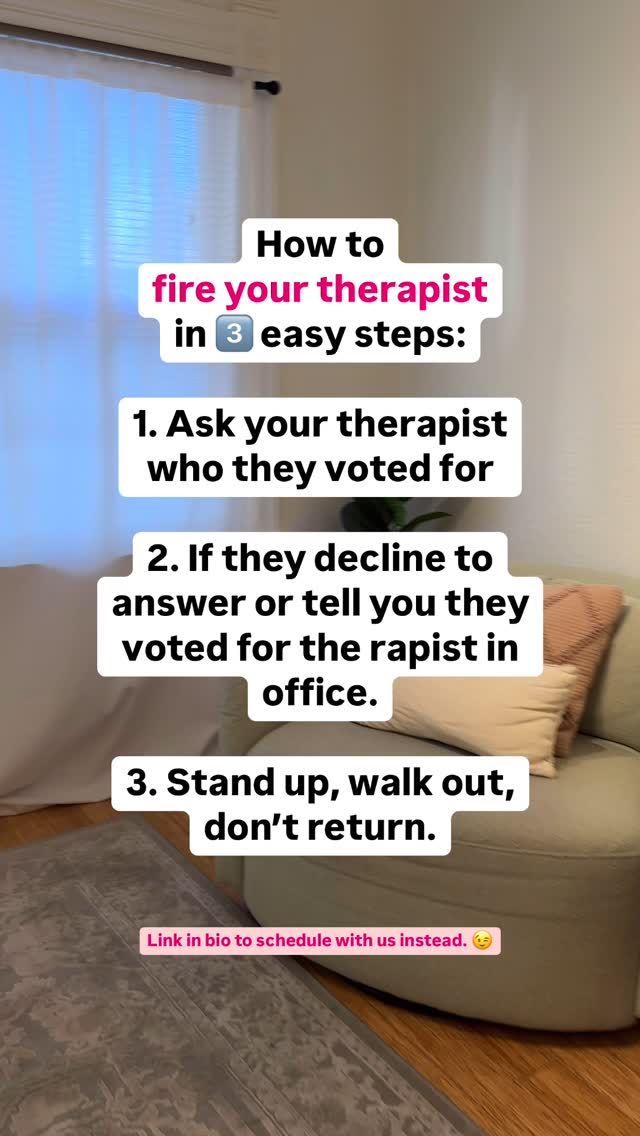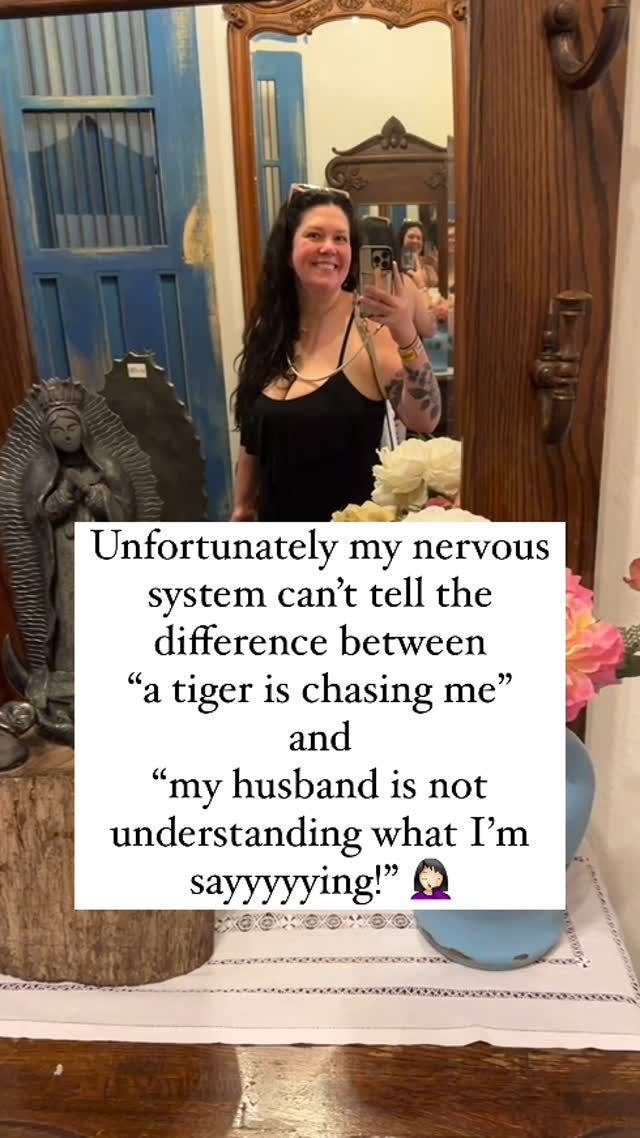
Maybe you’ve heard of thinking traps before, or they are a new concept. But, whether or not you are familiar with the term, chances are, you are familiar with the effects of these traps — especially if you suffer from anxiety.
But what is a “thinking trap” really? A thinking trap (sometimes called a thought trap or thought distortion) refers to a type of cognitive distortion that twists and exaggerates our thoughts to affect how we see the world around us. More often than not, this new world is hostile, judgemental, and very, very small. In other words, these traps alter our thinking and color how we see reality — typically for the worse.
Now, there are over a dozen different types of even common thought distortions that may plague your mind daily — many of us may even suffer from a few at once! Unfortunately, this means that if we tried to go over every single one of these thinking traps today, we’d be here for a long time.
So, today, we’ll highlight a few highly impactful thinking traps you may already be experiencing without knowing it. We’ll also highlight how to avoid them, as each thinking trap will require a different method of management, and offer a few additional tips for managing thought distortions we have not covered here.
3 Common Thinking Traps (and How to Avoid Them)
As mentioned above, many different thinking traps can fuel your anxiety and keep you stuck in a constant cycle of anxious thoughts. Here, we’ll talk about just three of the most common thinking traps you may find yourself falling into.
Also, since we cannot cover all of the various types of thinking traps in just this section, in the next section, we’ll touch on some tips that can help you avoid thought distortions in general. So, if you don’t identify with any of these three traps but you feel that you still may be caught in a thought trap of some kind, don’t worry.
Black-and-White Thinking
The first extremely common type of thinking trap is called black-and-white thinking (or all-or-nothing thinking). Let’s be honest here; most of us are guilty of this type of thinking, at least at some point in our lives. This is because we, as humans, are incredibly adept at making comparisons. Whether it is short vs. tall or talented vs. untalented, this form of one-or-the-other thinking can lead to some incredibly negative spiraling thoughts if left unchecked.
For example, let’s say that all of your friends are getting married, engaged, or having children, and you are seemingly the only one still single. You may think, “My friends are lovable, that is why they have partners. I’m still single because I am not lovable.” But is that really the case? No. You simply have not found the right partner for your life.
So, how do you avoid black-and-white thinking? Really all it boils down to is helping yourself challenge the belief that there is no middle ground — no gray areas — in life. Yes, something can hurt or be disappointing, but that doesn’t automatically make it the worst thing in the world.
Labeling
Labeling and negative-self talk can become extremely grading over time — especially if they are utilized all the time. Unfortunately, one common thought trap people fall into is the frequent and often unwarranted use of negative labels (like lazy or incompetent). These can worsen your self-esteem and lead to a continuous spiral of negative thinking.
The best way to address this thinking trap is to simply recognize and reframe these labels when they occur. This is a practice that is often called “thought-stopping.” To do this, you’ll need to catch yourself when you use a negative label for yourself, pause a moment to acknowledge it, and then try to turn it into something positive instead.
Mind-reading
The final thinking trap is mind-reading — no, not actually reading minds, but assuming that someone is thinking something negative about you without evidence proving that is the case. In other words, jumping to conclusions.
In a strictly theoretical sense, this is the easiest thought trap to fix because you simply must remember that you can’t read minds — unless you’re a superhero. Realistically, however, it can be challenging to address because you may not even realize you are making an assumption. So, the next time you think something like, “My sister must be mad at me because she didn’t answer the phone,” take a moment to ask yourself if this is an assumption. Has your sister told you that she is mad at you? Then, remind yourself that you are not a mind reader, and making assumptions can often lead to more harm than good.
Additional Strategies for Avoiding Thinking Traps
- Learn to recognize your thinking traps — this can help you identify your triggers and know how to intercept them when they come up.
- Practice self-care (regularly!) — take care of your body, and it will take care of you. Ensure you are getting enough rest, eating nutritious foods, incorporating exercise or movement into your daily life, and doing things that bring you joy.
- Realize that life is not always great — we hate to be the bearer of bad news, but life is not easy. You will go through tough times. You’ll feel sad, angry, lonely, and much more. But these aren’t the only things happening in life. Remember, the world is not black and white, and it is also critical to not lose sight of the good parts of your life.
- Treat yourself like you’d treat a friend — chances are if your friend says something like, “I didn’t get hired for the job I wanted, so I’m a failure,” you’d tell them that a rejection does not make them a failure. They simply weren’t the right fit for that position, but that is not the only one. So, why would you treat yourself any differently?
- Play devil’s advocate with yourself — ask yourself questions that challenge you to view the situation from multiple angles.
If you are struggling with thinking traps that make it hard for you to manage your anxiety, you may want to consider reaching out to a therapist who can help you discover how to best address them in your life. To get personalized guidance on identifying and avoiding thinking traps in your life, please do not hesitate to reach out to us at Love Heal Grow to get in touch with one of our therapists.






